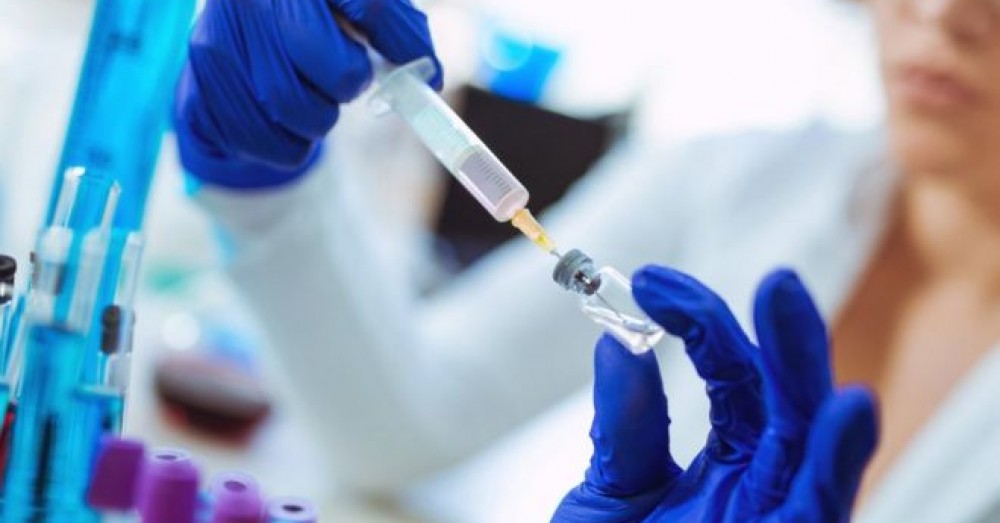A group of Indian scientists has warned a deadline to launch a Covid-19 vaccine for public use is unfeasible.
The Indian Academy of Sciences warned against "any hasty solution that may compromise rigorous scientific processes and standards".
The Indian Council of Medical Research (ICMR) had said it "envisaged" the vaccine to be launched by 15 August, which is India's Independence Day.
The ICMR has since said the date was "not a deadline".
The controversy first arose after a letter written by ICMR chief Balram Bhargava to 12 institutes selected for conducting human trials for the vaccine - named Covaxin - was shared widely on social media.
In it, he had directed them to expedite human trials so that the vaccine could be launched on 15 August by fast-tracking all approvals related to it.
Non-compliance, the letter warned, would be treated "very seriously".
Adding to the confusion, a statement by the Ministry of Science and Technology deleted a line from an earlier statement that said it was unlikely that any of the vaccines under development in the country - including Covaxin - are likely to be ready for public use before 2021.
This led to a firestorm of protest and criticism, with many saying that the 15 August deadline was nothing but optics and would seriously damage India's credibility.
Prof Partha P Majumder, president of the Indian Academy of Sciences, told local media that the trial period of a month announced by the ICMR was "unheard of", adding that it "gives a bad name to the industry of biomedical research and pharmaceuticals".
However, the ICMR has since sought to clarify its comments, saying that the 15 August date was "not a deadline" and was merely an attempt to cut red tape - not an attempt to compromise on safety trials.
India's Mint newspaper quoted an anonymous ICMR official as saying that the initial communication had been misunderstood.
A vaccine would normally take years, if not decades, to develop. However, researchers across the world are hoping to achieve the same amount of work in only a few months.
Most experts think a vaccine is likely to become available by mid-2021, about 12-18 months after the new virus, known officially as Sars-CoV-2, first emerged.
Even that would be a huge scientific feat and there are no guarantees it will work.
Share This Post















